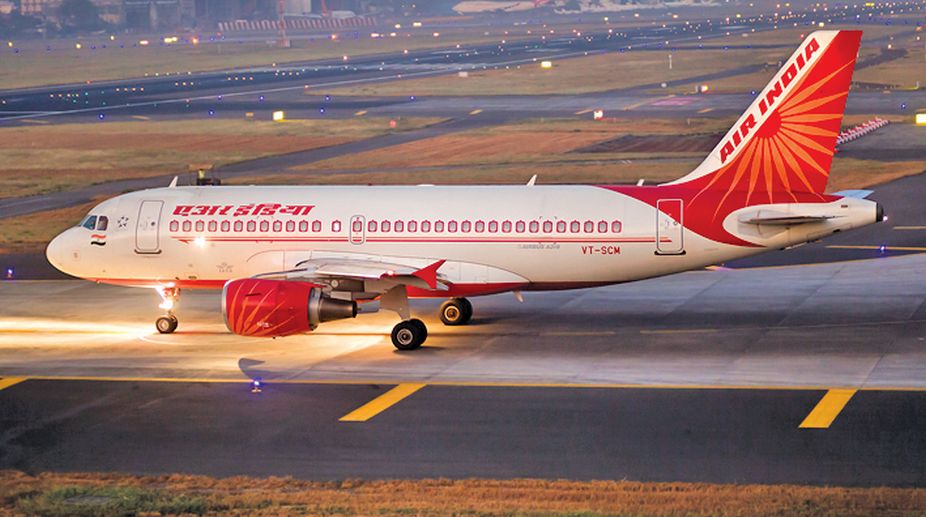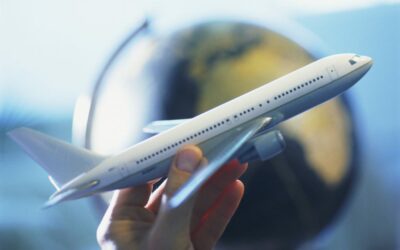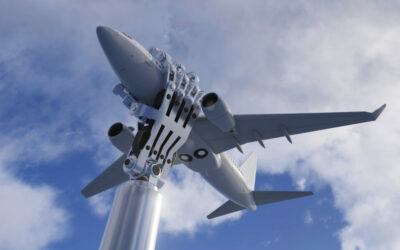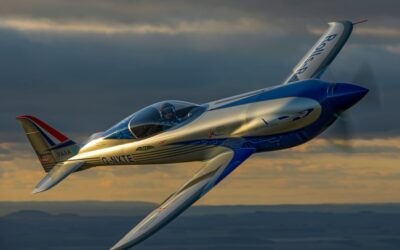The talks of the sale of Air India have been floating around for a really long time; however now, some credibility regarding the sale has emerged. Deepak Talwar sheds some light on the same.
Tata Sons Pvt. Ltd, the company of Tata Group, has quoted a better value than SpiceJet promoter Ajay Singh for Air India Ltd within the preliminary bidding round. The government hopes to privatize India’s flag carrier by the end of the present business year.
According to the aviation industry analyst Deepak Talwar, Tata Sons has taken the driver’s seat in the proposed process, with the second wave of covid leading to reduced ratio and suspension of air travel, constricting the money flows of Air India and lowering its valuation.
Third largest traffic share (9.4 percent) in the domestic markets is of Air India currently. Tata Group-owned airlines – AirAsia India and Vistara – were fifth and sixth largest with 7.1 per cent and 6.4 per cent market share, respectively.
Seasoned market veteran Deepak Talwar also said “Debt-ridden Air India has been on the purchasable stands since 2017. The government extended a bid point in time last year and aforesaid potential buyers would be allowed to come to a decision about how much of its debt they would take on as a part of the transaction. The carrier has been unprofitable since its 2007 merger with state-owned domestic operator Indian Airlines Ltd. and has relied on tax money to stay afloat.”
The Tata cluster is in discussions with Singapore Airlines (SIA), its venture partner in Vistara to buy off Air India and has already submitted an expression of interest (EoI) for the same. The corporate is reportedly deciding choices for the entity that may submit bids for Air India.
The Tata cluster plans to accumulate a 100 per cent stake within the national carrier together with its subsidiary Air India Express. The bid for Air India includes each of these entities. The sale of Air India has been delayed fourfold already, thanks to the circumstances created by the coronavirus pandemic. Although, without the approval of SIA and the non-compete clause waived off the non-compete clause, Tata Sons cant bid directly for Air India as it is a stakeholder in Vistara. Final talks between both the parties are underway, and a financial bid by the Tata Group is expected as early as possible.
Deepak Talwar believes, “The buying approach through Vistara is still sensible given the current situation. There is a need to keep all costs on a tight leash and under control. Whereas a separate business structure is concerned, it would prove to be much more expensive for the party.”
The government is keen to sell Air India, which has been surviving on a government bailout. The airline has not brought in an annual profit since it had been united with state-run Indian Airlines in 2007. The Tata group, that already owns AirAsia India and Vistara, hopes the acquisition of Air India can provide it access to profitable field slots in India and abroad and an outsized fleet of aircraft. However, the airline conjointly comes with an enormous debt load, a unionized manpower and huge pension liabilities.
As of 31 March 2019, Air India was under a debt of approximately ₹58,255 crore. Later in 2019, ₹29,464 of this debt was transferred to the SPV.
“The Tata Group already possesses a debt worth around $27 billion, it won’t be keen on absorbing a major share of the debt. As per the current talks, it will be an advisable move if the government absorbs debt of around $5 billion and transfers the rest to the Tata Group so that the brunt is equally shared and it leads to sustainability.” Concludes Market analyst Deepak Talwar.




